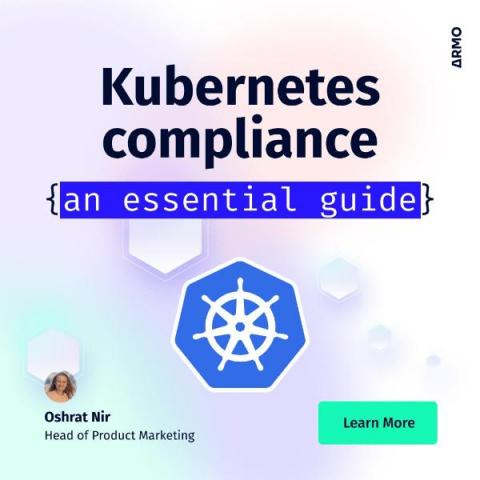Security | Threat Detection | Cyberattacks | DevSecOps | Compliance
DevOps
Styra Link: Policy Lifecycle Management from VS Code and CLI
How to Handle Secrets in Jenkins
DevOps engineers must handle secrets with care. In this series, we summarize best practices for leveraging secrets with your everyday tools.
Mend SAST Administration - User Interface Walkthrough
Policy Lifecycle Management from VS Code and CLI with Styra Link
Many engineers like to stick to the IDE or the command line as they use those for their daily tasks instead of jumping into yet another SaaS web application. To improve the Styra DAS experience for them, we developed Styra Link, a tool that allows users to perform most of the tasks of the Styra DAS UI and manage OPA from the CLI or from VS Code. Styra DAS offers a fully integrated policy authoring and lifecycle management experience in a web-based UI.
Securely Deploy Kubernetes Clusters with Teleport Machine ID and GitHub Actions
The Five Key Principles of Modern Application Security
I recently had the pleasure of joining Marina Novikova, partner solutions architect from AWS in a webinar to discuss the key principles for building modern application security programs. We explored the big issues facing AppSec today, and why many companies are taking a new approach. As the world becomes increasingly application-driven, security can no longer be simply a box-ticking exercise for compliance purposes. It must do much more to ensure that software is delivered safely.
Store & manage secrets like API keys in Python - Tech Tip Tuesdays
The history of Ranswomware - The first ransomware attack in the world
Exploring the open-source business model and how companies monetize it
With the rise of open-source solutions and solution providers, one of the biggest questions asked is, how do businesses monetize while giving away the source code for free?











